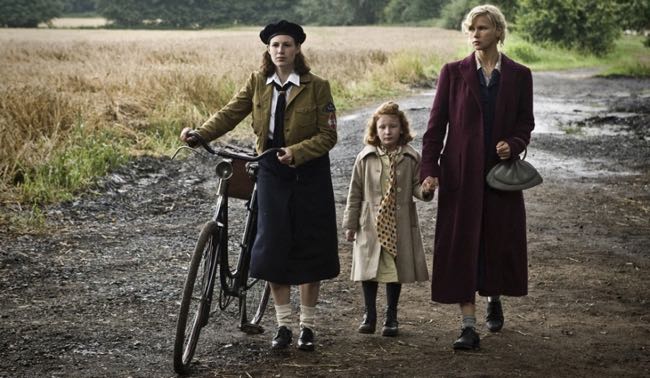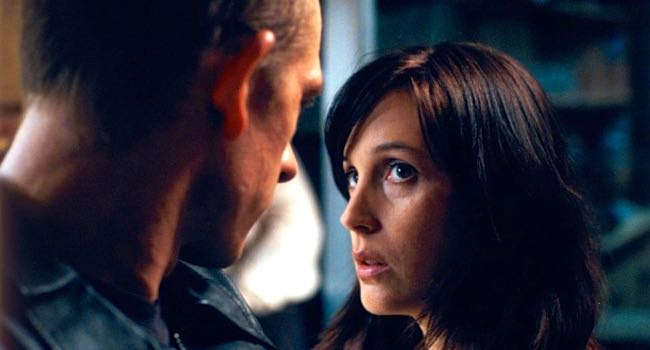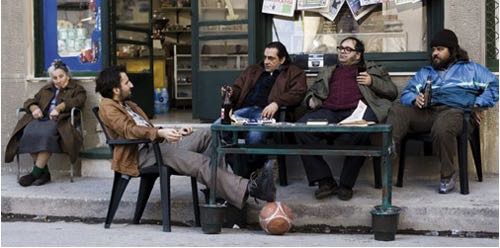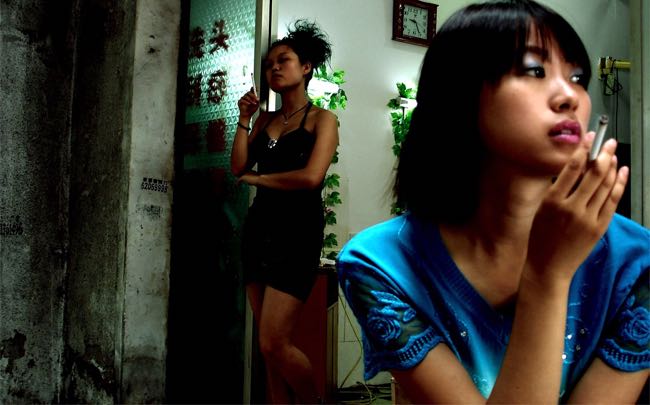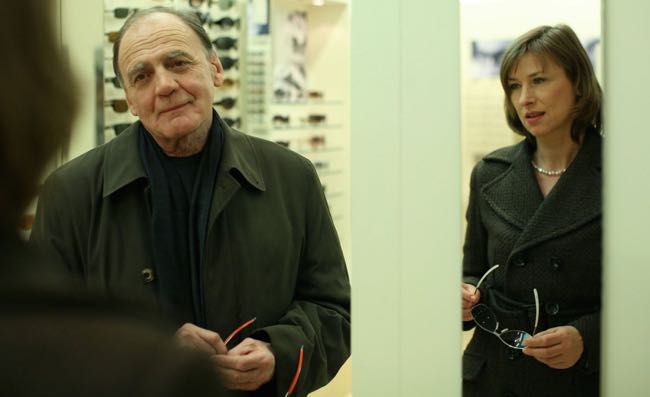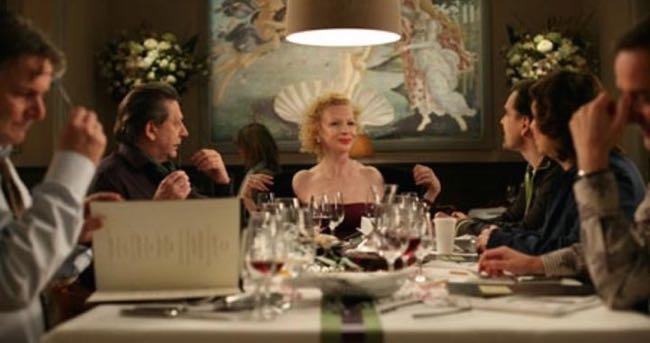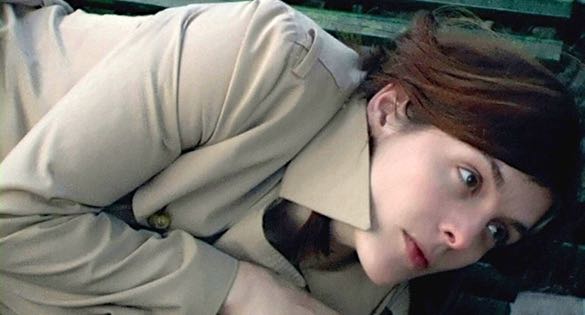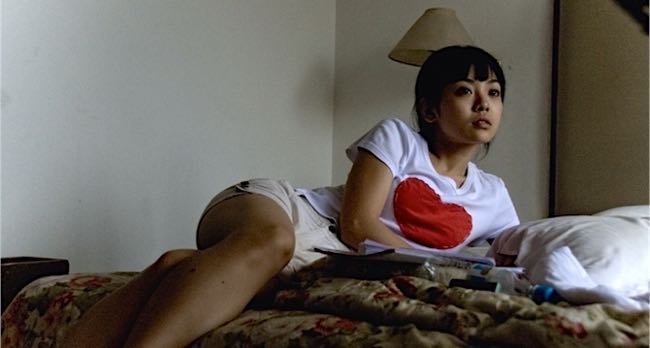LONDON – Aside from the fact that one is a genuine film artist while the other is an annoying twerp, the difference between the sublime Pedro Almodovar and the ridiculous Quentin Tarantino can be seen in their latest films.
With “Inglourious Basterds”, the American director has made a rubbish movie based on other rubbish movies whereas the Spaniard has drawn on the classic influences of Alfred Hitchcock and Douglas Sirk for his sumptuous melodrama “Broken Embraces” (Los Abrazos Rotos).
 Received warmly at the Festival de Cannes in May, “Broken Embraces” opens in the United Kingdom on Aug. 28 from Warner Bros./Pathe, It’s a treat for movie lovers. Not as tightly focussed or significant as Almodovar classics such as “All About My Mother” or “Volver”, it is a sprawling picture that mixes romance, mystery and suspense.
Received warmly at the Festival de Cannes in May, “Broken Embraces” opens in the United Kingdom on Aug. 28 from Warner Bros./Pathe, It’s a treat for movie lovers. Not as tightly focussed or significant as Almodovar classics such as “All About My Mother” or “Volver”, it is a sprawling picture that mixes romance, mystery and suspense.
There’s laughter, betrayal and murder in a tale about a now blind filmmaker who recalls his days as a director and the circumstances that led to his loss of sight. The film makes the most of Penelope Cruz, who appears in several different guises in flashbacks to films within the film in which he plays Audrey Hepburn (left) and dons a blonde wig to play Marilyn Monroe (below) and she is never less than stunningly gorgeous. It helps that she also is a great actress.
Almodovar with his superb crafts team – production designer Antxon Gomez, Art Director Victor Molero, cinematographer Rodrigo Prieto, and editor Jose Salcedo – makes the most of it. Composer Alberto Iglesias tops it off with a simply lovely score.
I agree with Peter Bradshaw, who said in his review of “Broken Embraces in The Guardian, “I defy anybody to watch it without a tingle of pure moviegoing pleasure.”



